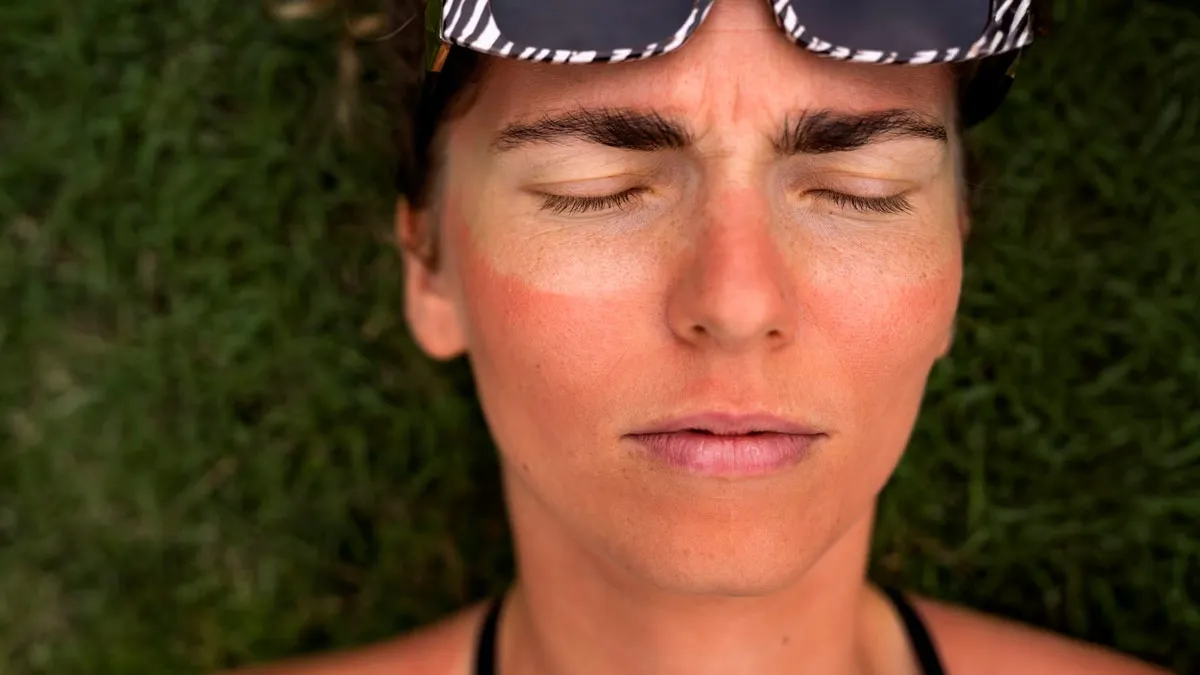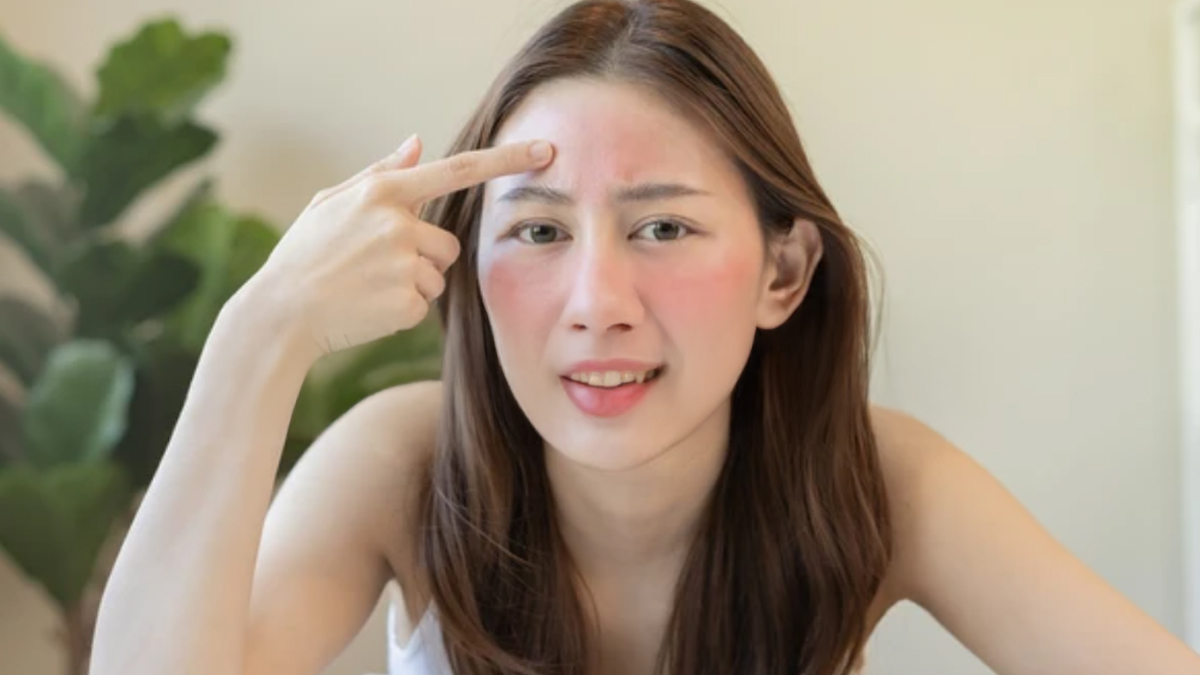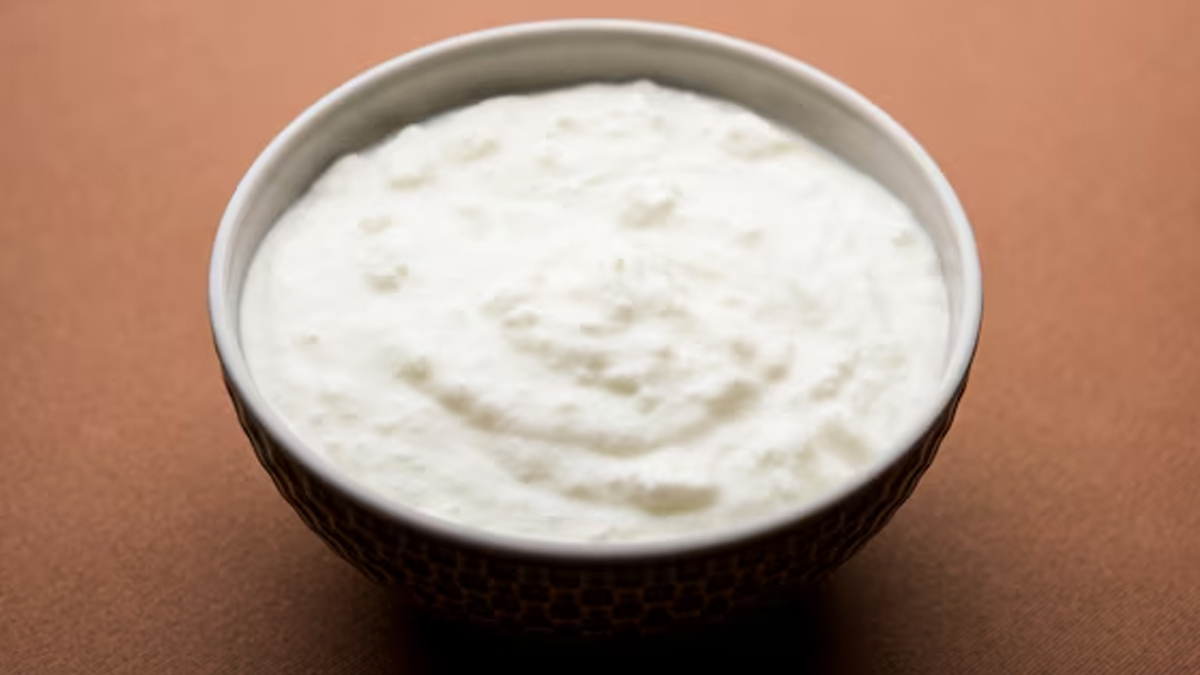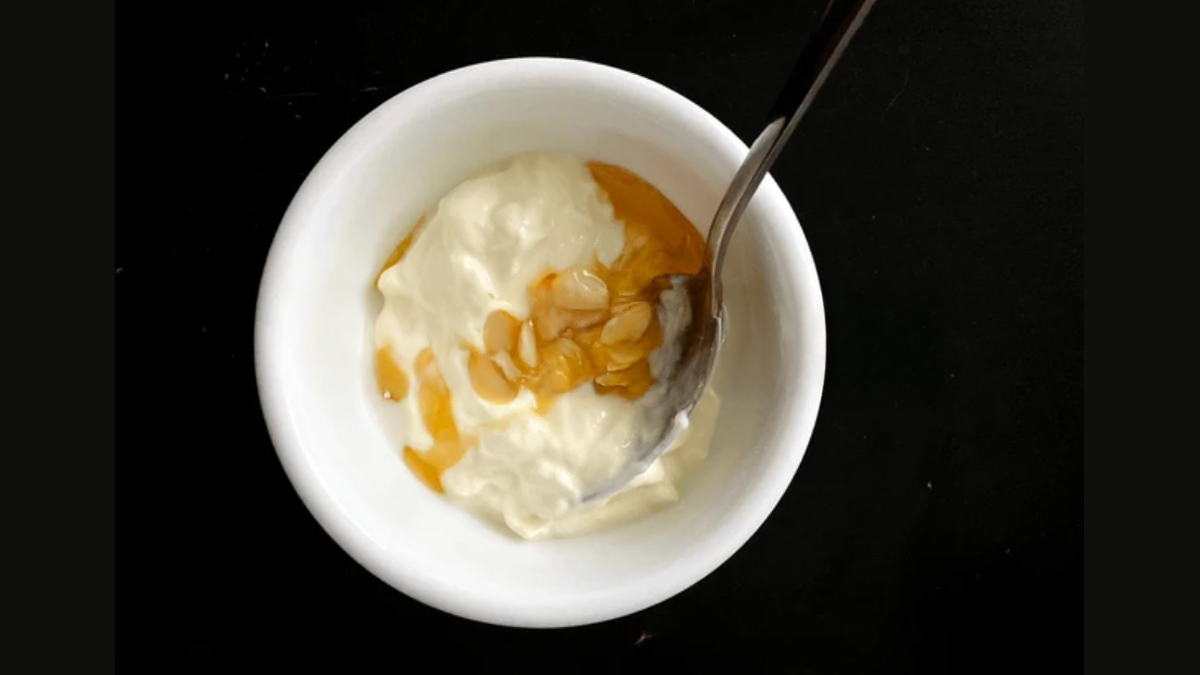
You step out into the sun for ‘just five minutes,’ and the next thing you know, your face is flushed, your skin is tight, and that well-known sun stress tingle starts to take hold. Though the sun provides its dose of vitamin D and sun-kissed selfies, it also leaves your skin irritated, dry, and susceptible to long-term damage.
Table of Content:-
The common instinct is to slather on something cooling, maybe aloe gel, a cucumber toner, or even a store-bought ‘after-sun’ mask. But many of these products contain alcohol, fragrances, or exfoliants that further disrupt your skin barrier, especially when it’s already inflamed. What your skin needs post-sun is repair, not reaction.
What Does Sun Exposure Do to Your Skin?

Before you mix anything, it's good to understand what you're treating. UV radiation dehydrates the skin, triggers inflammation, and can create free radicals that speed up ageing. Prolonged exposure damages the outermost barrier, the stratum corneum, leading to tightness, flaking, and even sensitivity to your regular skincare products.
When your skin barrier is compromised, it can't lock in moisture or keep out irritants. This is why strong ingredients, even natural ones like lemon or clay, can suddenly feel like they’re “burning” your skin after sun exposure.
What Your Post-Sun Face Pack Should Do
- Calm inflammation
- Rehydrate and plump the skin
- Soothe redness and sensitivity
- Rebuild the skin barrier
- Avoid exfoliation, acids, or essential oils
Also Read: Top 7 Expert-Approved Tips To Prevent Sunburn
Ingredients That Work (And Why)

- Curd or Plain Greek Yoghurt (1 tablespoon): Rich in probiotics and lactic acid (in low, natural concentrations), curd is incredibly soothing. It calms overheated skin, moisturises, and maintains your skin's microbiome without irritating it.
- Aloe Vera Gel (1 teaspoon): Aloe vera is a post-sun classic for good reason. It's anti-inflammatory, hydrating, and packed with vitamins A, C, and E. Use fresh gel from the plant if possible, or a store-bought version with minimal additives.
- Honey (1 teaspoon): Honey is a natural humectant, it draws moisture into the skin. It’s also anti-bacterial and wound-healing, making it ideal for skin that feels inflamed or 'sunburned.'
- Rose Water (as needed to adjust consistency): Cooling and gently astringent, rose water soothes redness and revives the skin. It also leaves a nice, non-irritating scent behind.
- 1 drop of Vitamin E oil (optional): Vitamin E repairs damaged skin cells and combats sun-induced oxidative stress. One drop is enough, too much gets greasy or clogs pores.
Also Read: Is Your Sunscreen Safe To Use? Here's How You Can Check Your Skincare Quality
How to Make and Apply the Pack

- In a bowl, mix the curd, aloe vera gel, and honey until smooth.
- Add a few drops of rose water to loosen the texture, this makes it easier to spread.
- If using, add your drop of Vitamin E and stir gently.
- If you're using it, add your single drop of Vitamin E and stir lightly.
- Spread a thick layer over your clean face and neck.
- Leave on for 15-20 minutes. It should feel like a gentle cooling, not any stinging.
- Follow up with a lukewarm or cool rinse and pat dry.
- Follow up with a barrier-repair product or a ceramide-based cream.
Pro Tips
- Skip exfoliants (physical or chemical) for at least 48 hours after sun exposure.
- Store your DIY mask in the fridge if you want extra cooling benefits.
- Patch test if your skin is super sensitive, especially if it’s been exposed for too long or is visibly peeling.
- Hydrate from within by drinking water or coconut water to nourish your skin's healing process from the inside out.
What to Avoid After Sun Exposure
- Lemon or citrus extracts: They increase photosensitivity and can irritate sun-damaged skin.
- Essential oils: Even natural oils like tea tree or lavender can be too strong on compromised skin.
- Alcohol-based toners or mists: These strip the skin further.
- Clay or charcoal masks: They may dehydrate your skin even more.
Bottomline
Sun exposure isn’t the end of the world, but treating your skin harshly afterwards might be. This simple, healing face pack gives your skin what it’s craving: moisture, calm, and protection. It’s the skincare equivalent of putting your face in a bowl of soft clouds, no burning, no drama.
[Disclaimer: This article contains information for informational purposes only. Hence, we advise you to consult your professional if you are dealing with any health issue to avoid complications.]
Also watch this video
How we keep this article up to date:
We work with experts and keep a close eye on the latest in health and wellness. Whenever there is a new research or helpful information, we update our articles with accurate and useful advice.
Current Version
Jun 19, 2025 16:18 IST
Published By : Sushmita Sharma